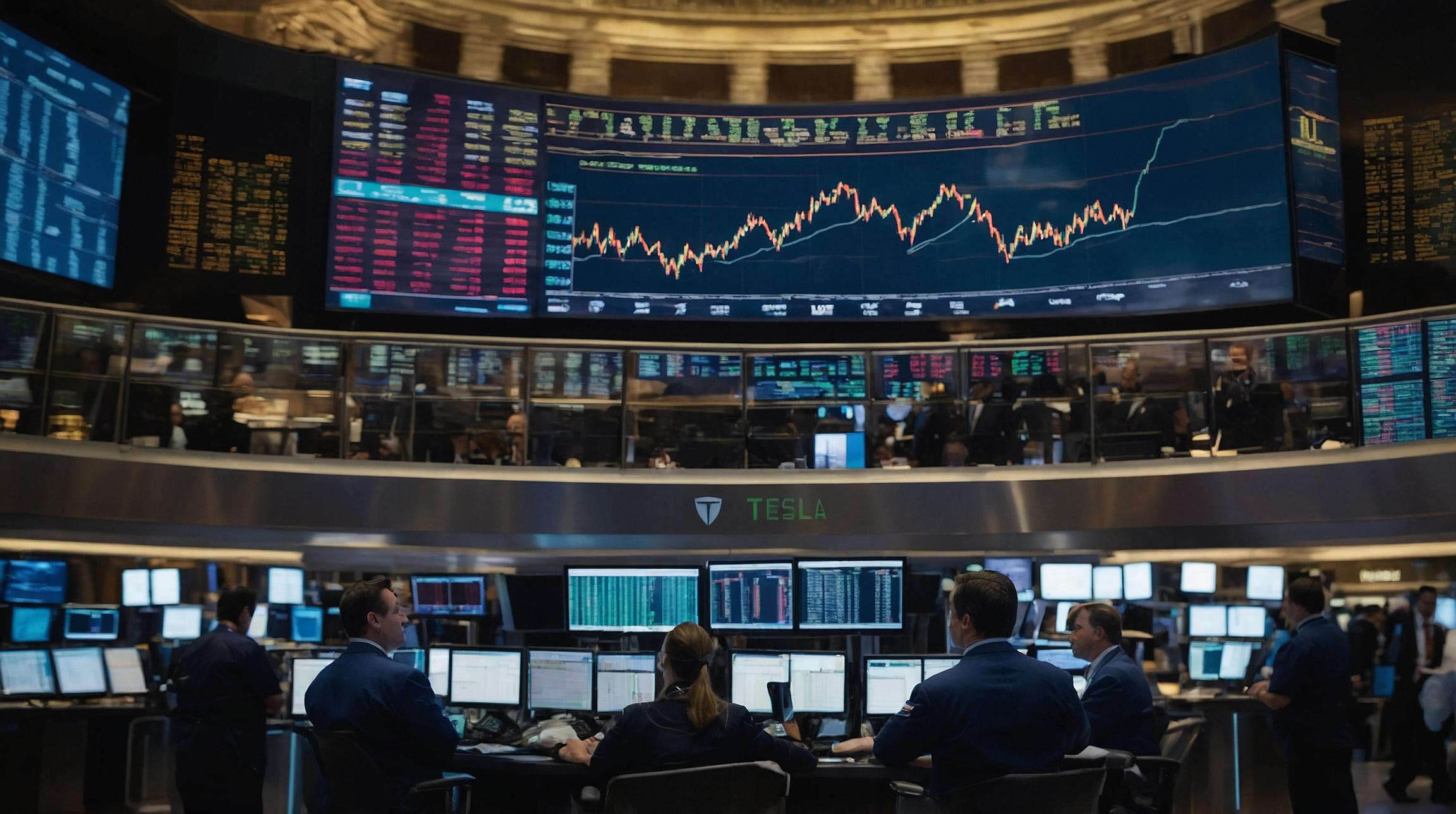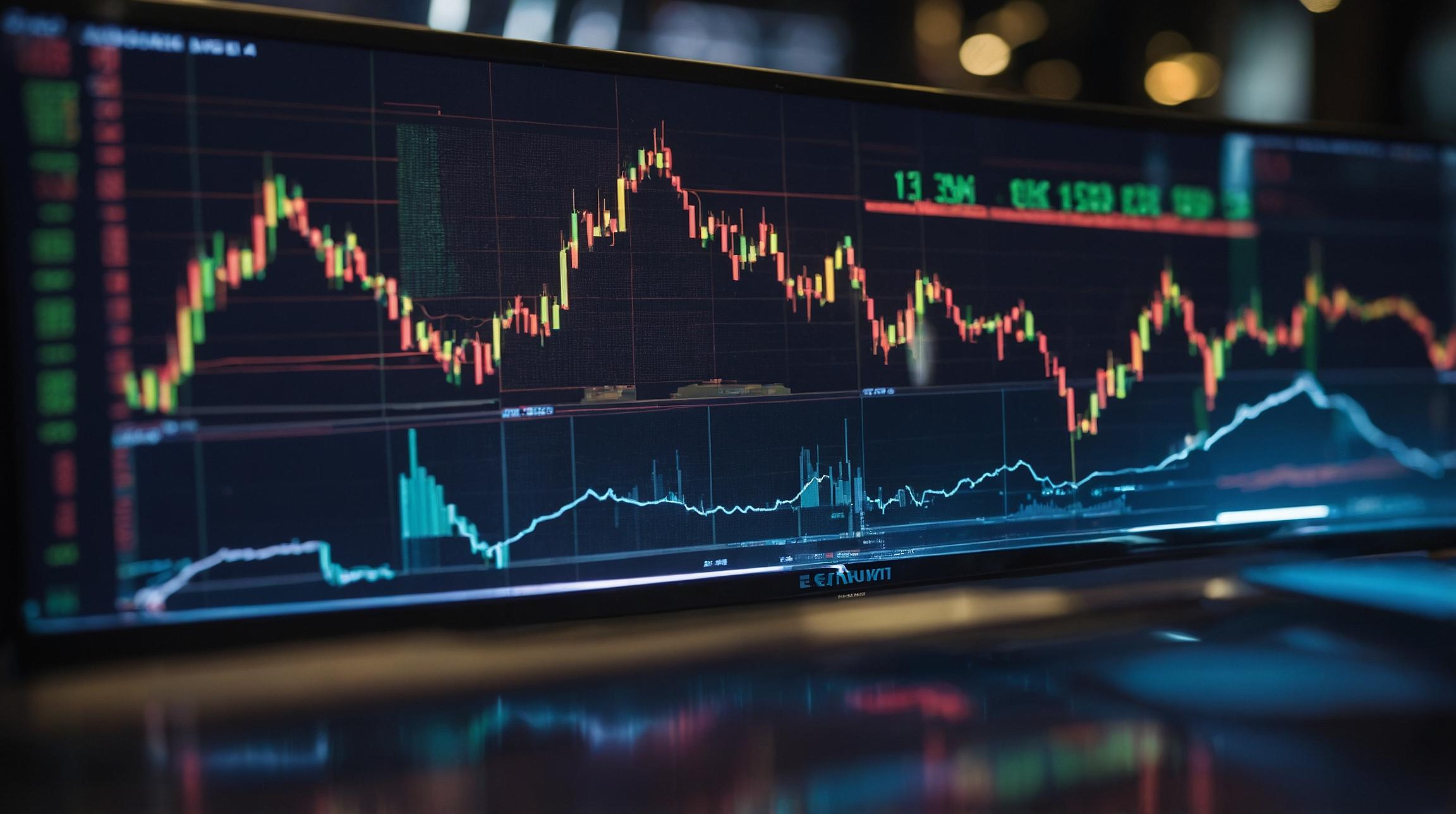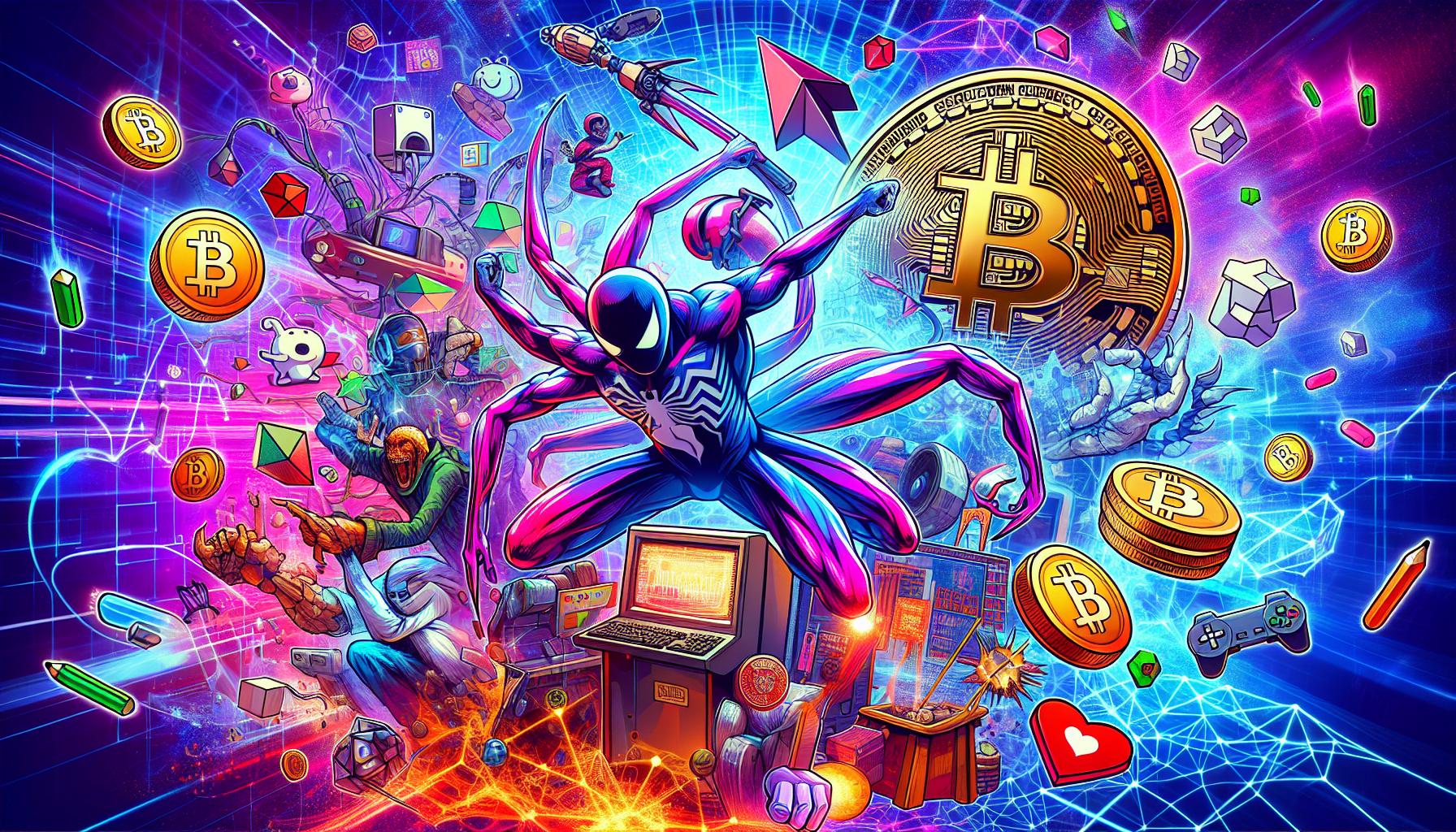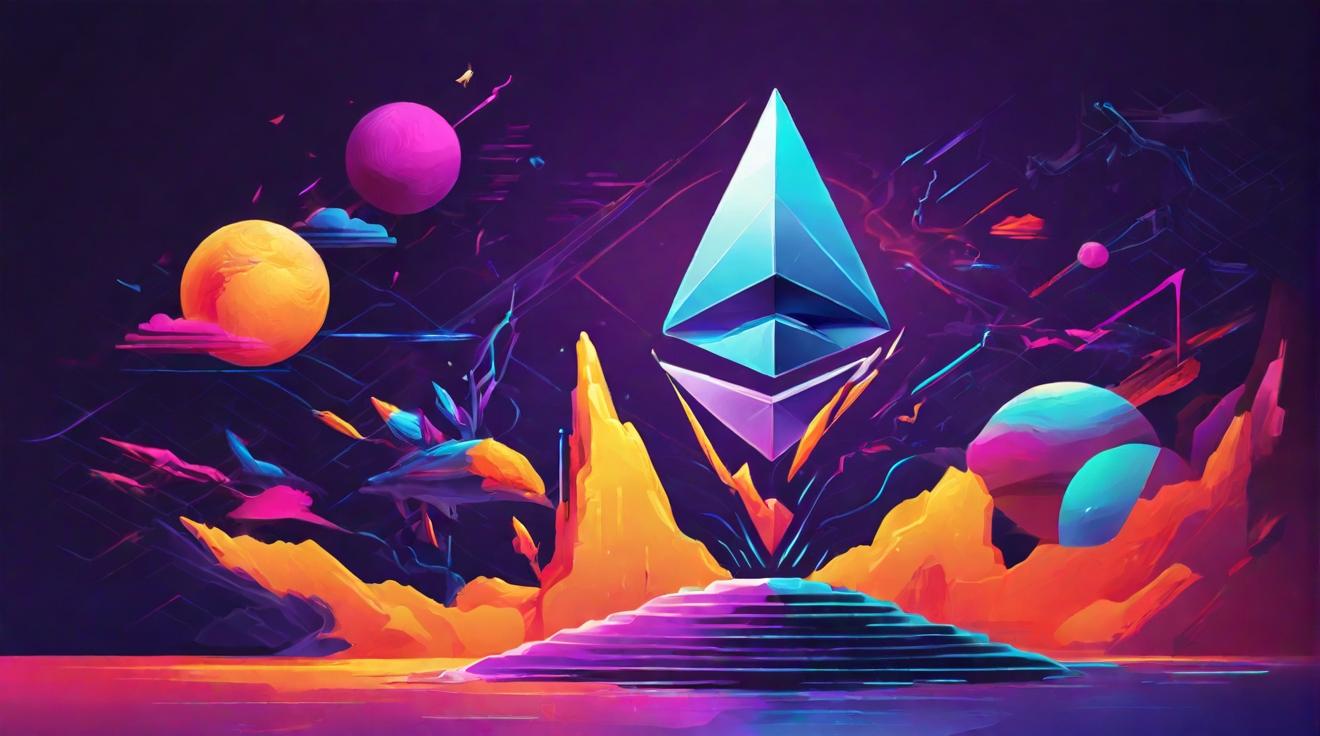The Current State of the NFT Market
In 2024, the non-fungible token (NFT) market faces significant challenges, as reported by analysts who found that a staggering 96% of over 5,000 NFT collections are considered "dead." This means these collections have zero trading volume, no sales activity for more than a week, and lack engagement on social media platforms like X.
Financial Losses for NFT Owners
Analysts highlight that approximately 40% of NFT holders are unable to profit from their investments. On average, an NFT collection's lifespan is only 1.14 years, which is considerably shorter than traditional cryptocurrency projects. The year 2023 marked a record for NFT collapses, with nearly 30% of projects becoming inactive. Furthermore, 44.5% of NFT owners are experiencing financial losses.
Success and Failure Stories
Among the few successful NFT collections, Azuki stands out, with investments increasing by 2.3 times. This success is attributed to the project's strong community, artistic appeal, and effective marketing. On the other hand, Pudgy Penguins has seen a 97% drop in value, holding the record for the most significant decrease in owner income. Experts stress the need for NFT investors and creators to proceed cautiously and rethink project strategies.
High-Profile Losses in the NFT Space
NFTs purchased during the 2022 excitement phase, like those bought by pop star Justin Bieber, are now being sold at substantial losses. Bieber's $2 million NFT portfolio, including assets from notable collections like Bored Ape Yacht Club (BAYC), has depreciated to around $100,000, marking a 94.7% loss.
Similarly, Deepak Thapliyal's CryptoPunk #5822, originally purchased for 8,000 Ethereum (ETH) ($23.7 million), was reportedly sold at a significant loss. The sale price was suspected to be 1,500 ETH (~$3.9 million), showing an 80% depreciation.
OpenSea's Struggles
In January 2022, NFT trading volumes on platforms like OpenSea peaked at over $6 billion. By July 2024, this figure had plummeted to below $430 million. OpenSea, once the largest NFT marketplace, faces challenges including legal issues, increased competition, and a drastic valuation drop from $13.3 billion to $1.4 billion. Despite these difficulties, OpenSea retains some financial reserves and plans to adapt its business model to navigate these tough times.
Future of the NFT Market
The NFT market's traditional focus on trading platforms such as OpenSea and Rarible is evolving. New services like NFT lending and derivatives trading platforms are emerging, allowing users to speculate on NFTs without owning them. However, the market still grapples with bearish trends, as evidenced by the declining prices of prominent NFT collections.













